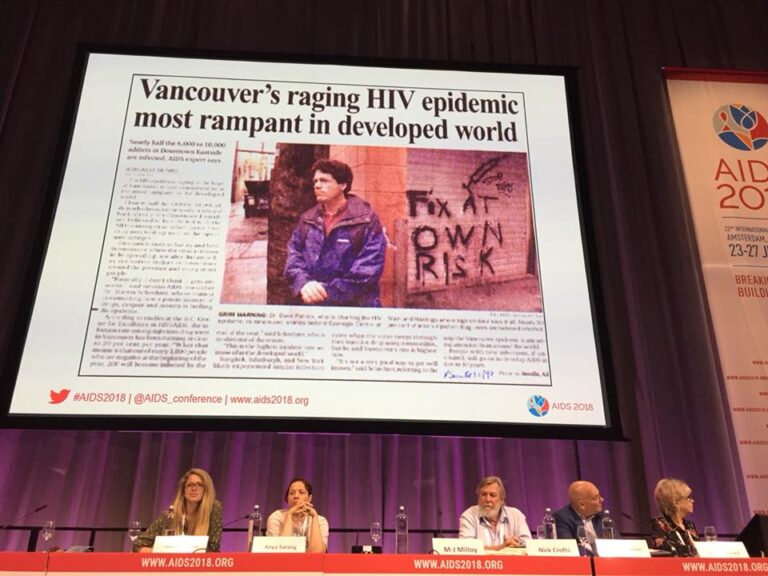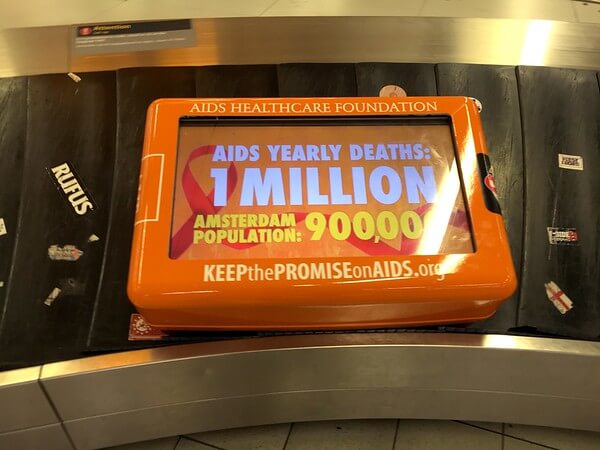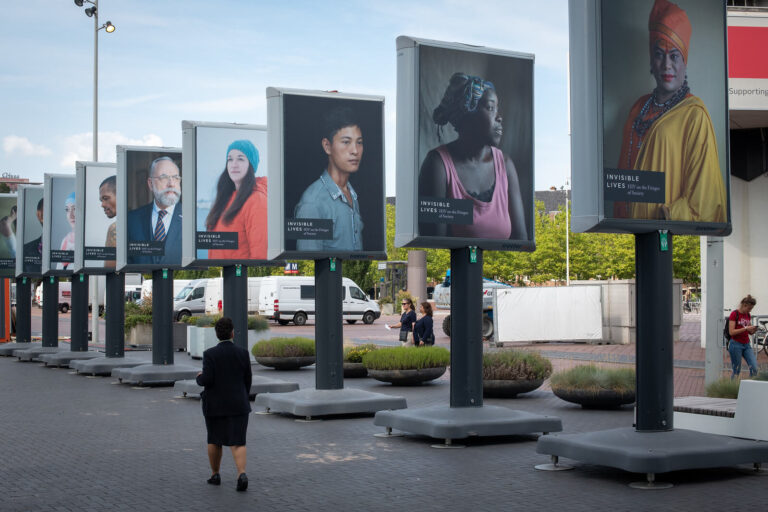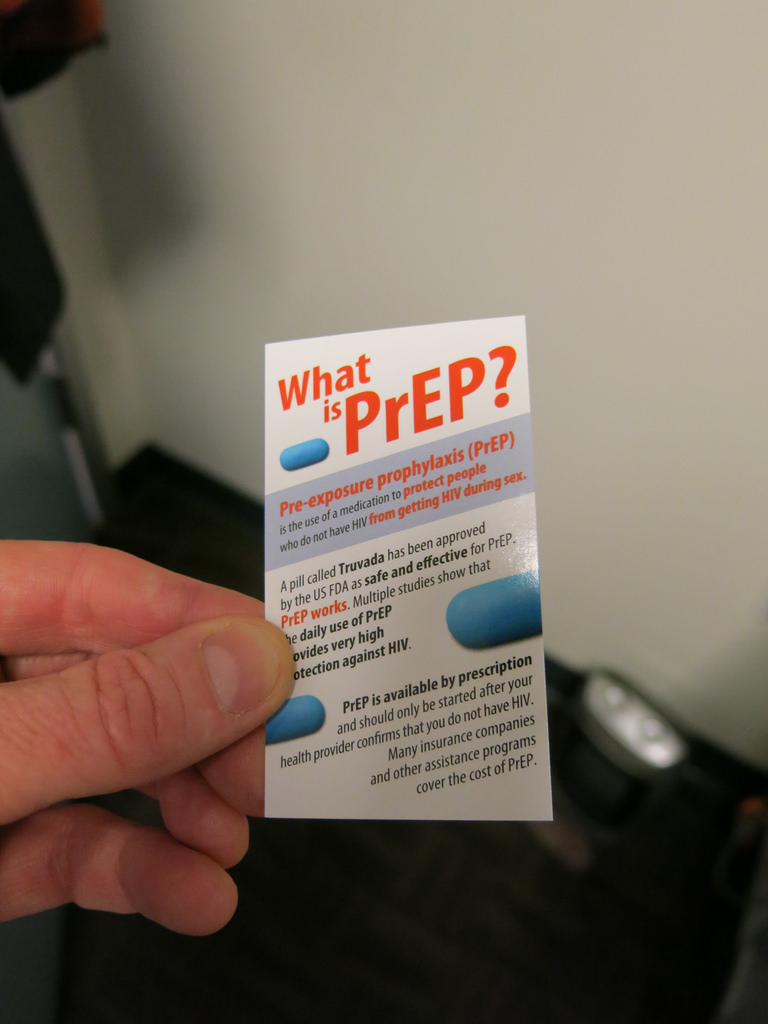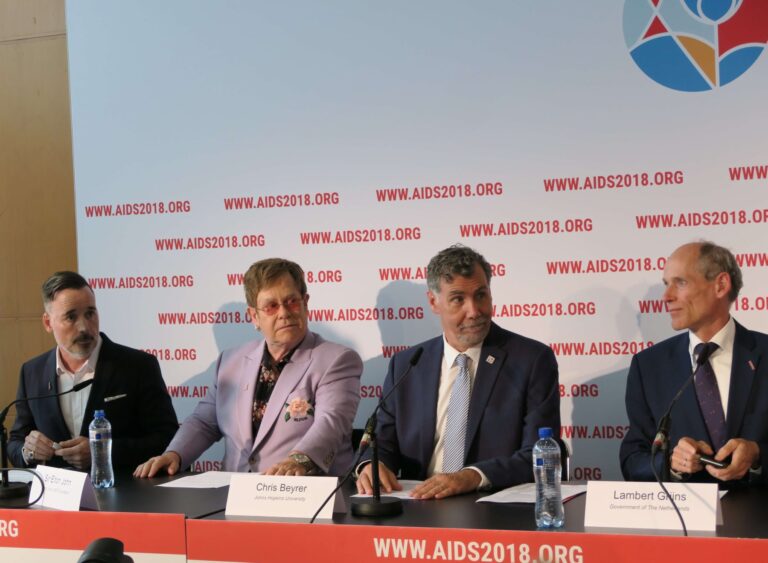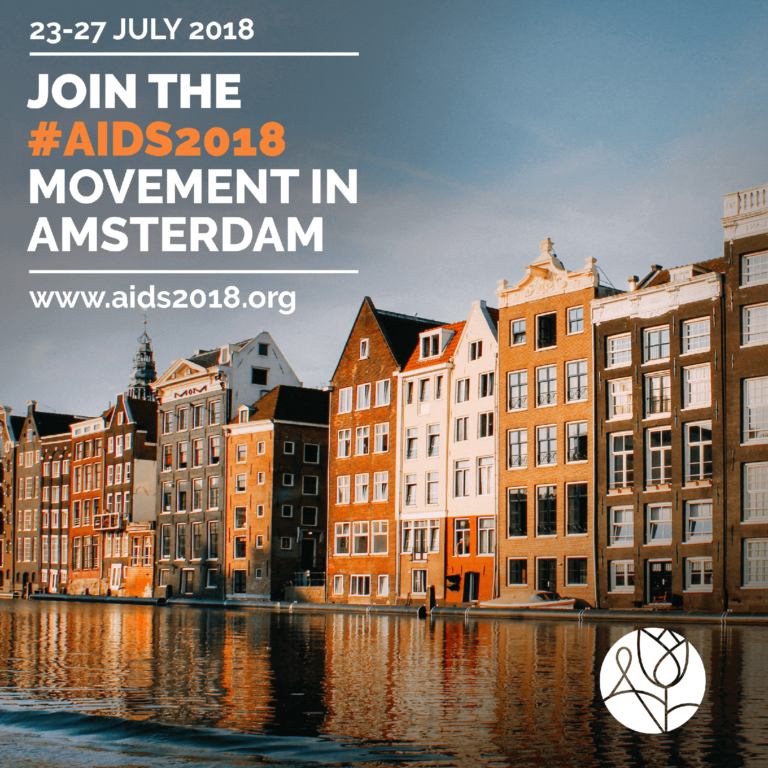
AIDS Conference Brought me a Job in Tajikistan
Fifty-year-old Zebo from a southern region of Tajikistan – Khatlon – is a former labour migrant. At the 22nd International AIDS Conference in Amsterdam (AIDS 2018), she had the courage to speak out about what she long kept in – her HIV-positive status. Zebo once again turned the attention of the international community to the fact that labour migrants are one of the populations most vulnerable to HIV. We interviewed her in Amsterdam, right after she delivered a speech at one of the sessions dedicated to HIV in the context of labour migration.

